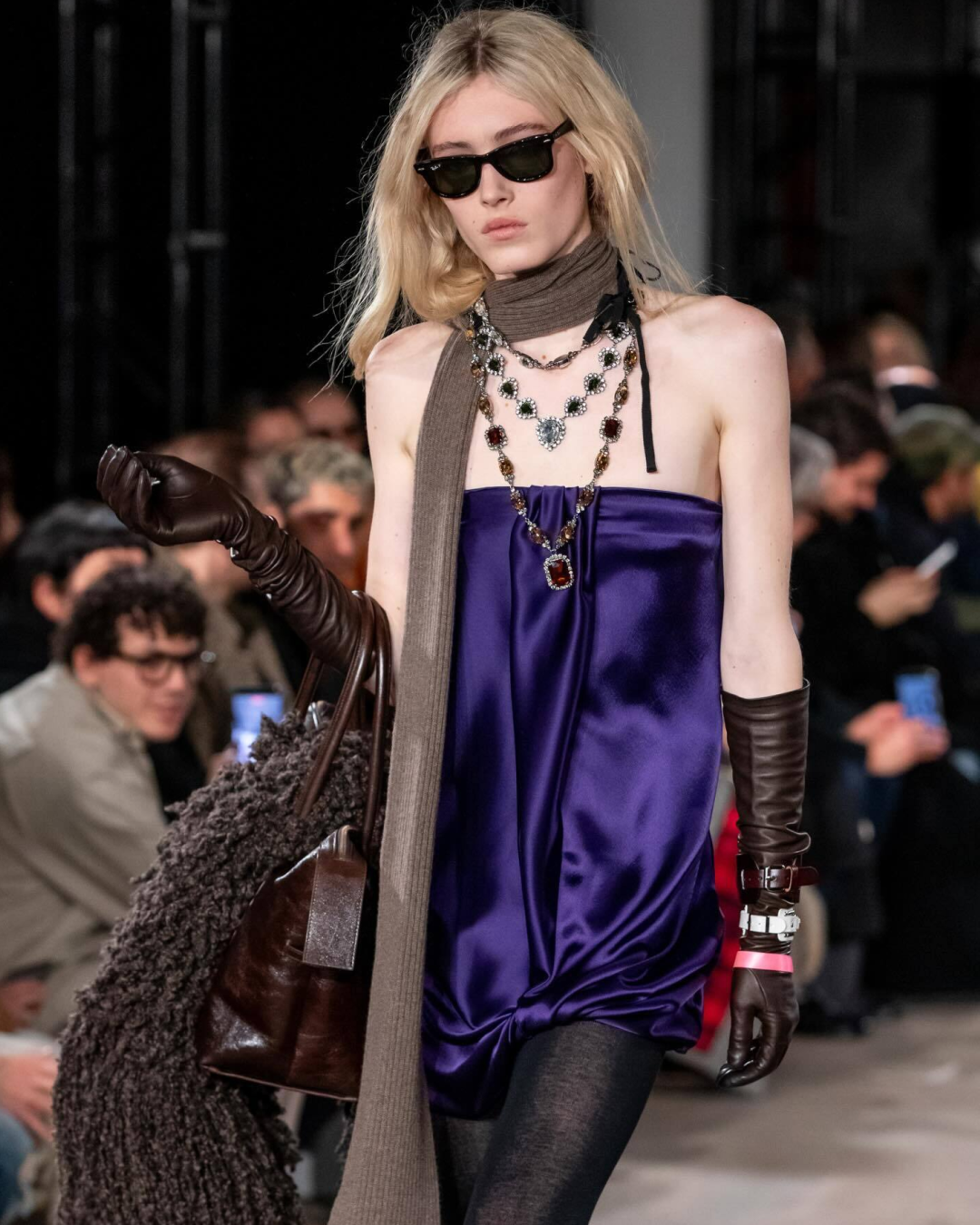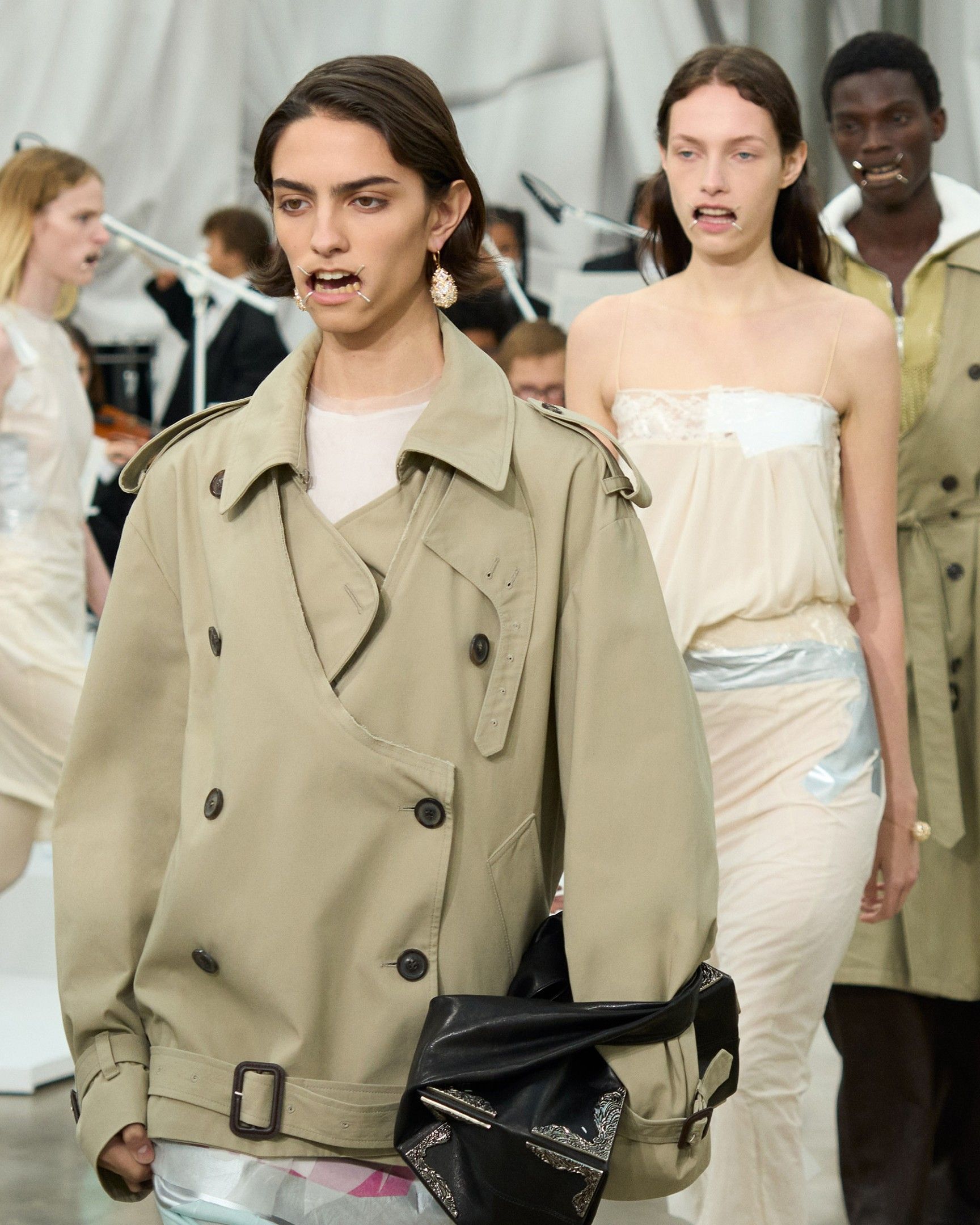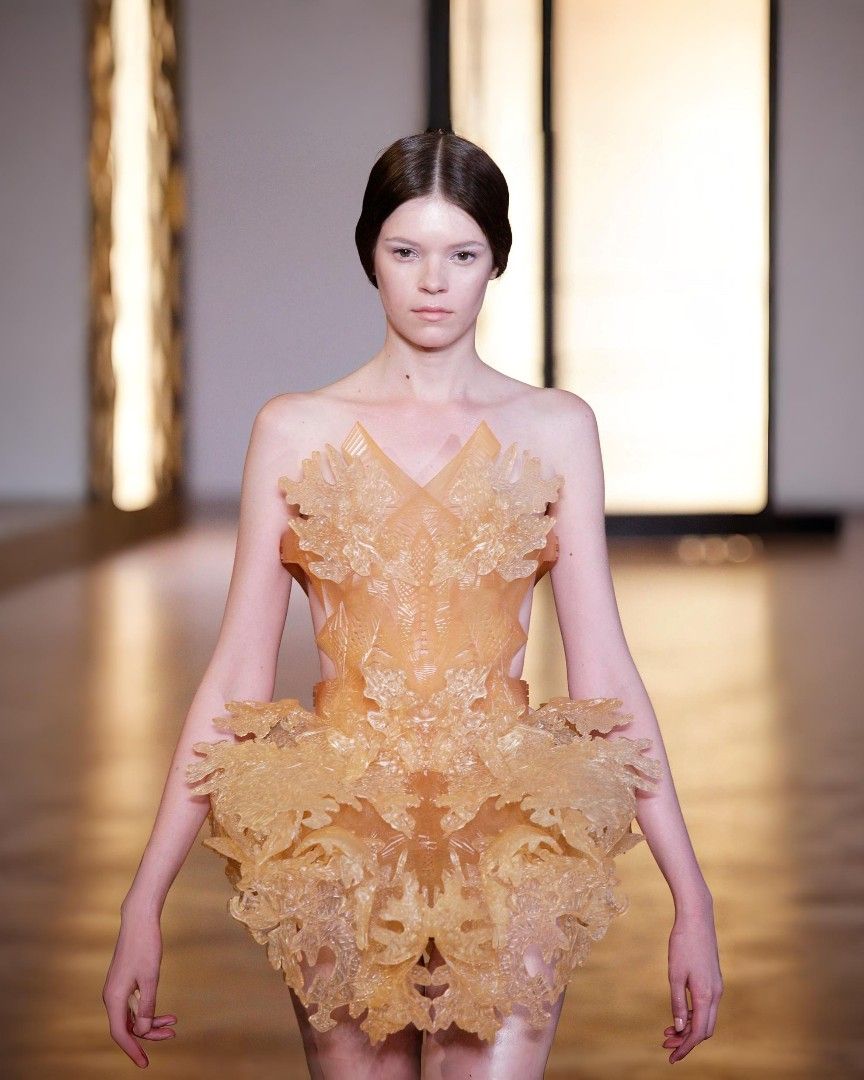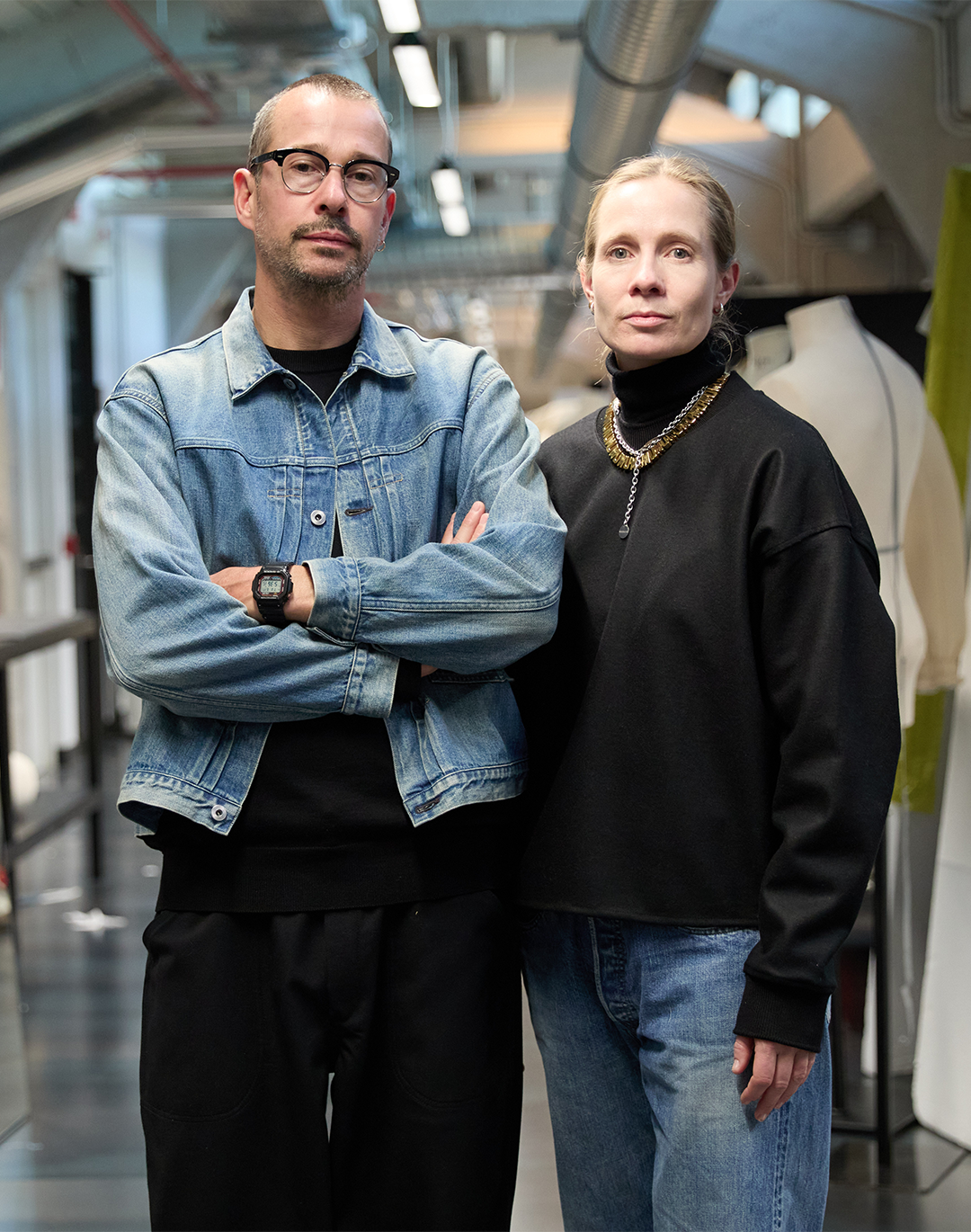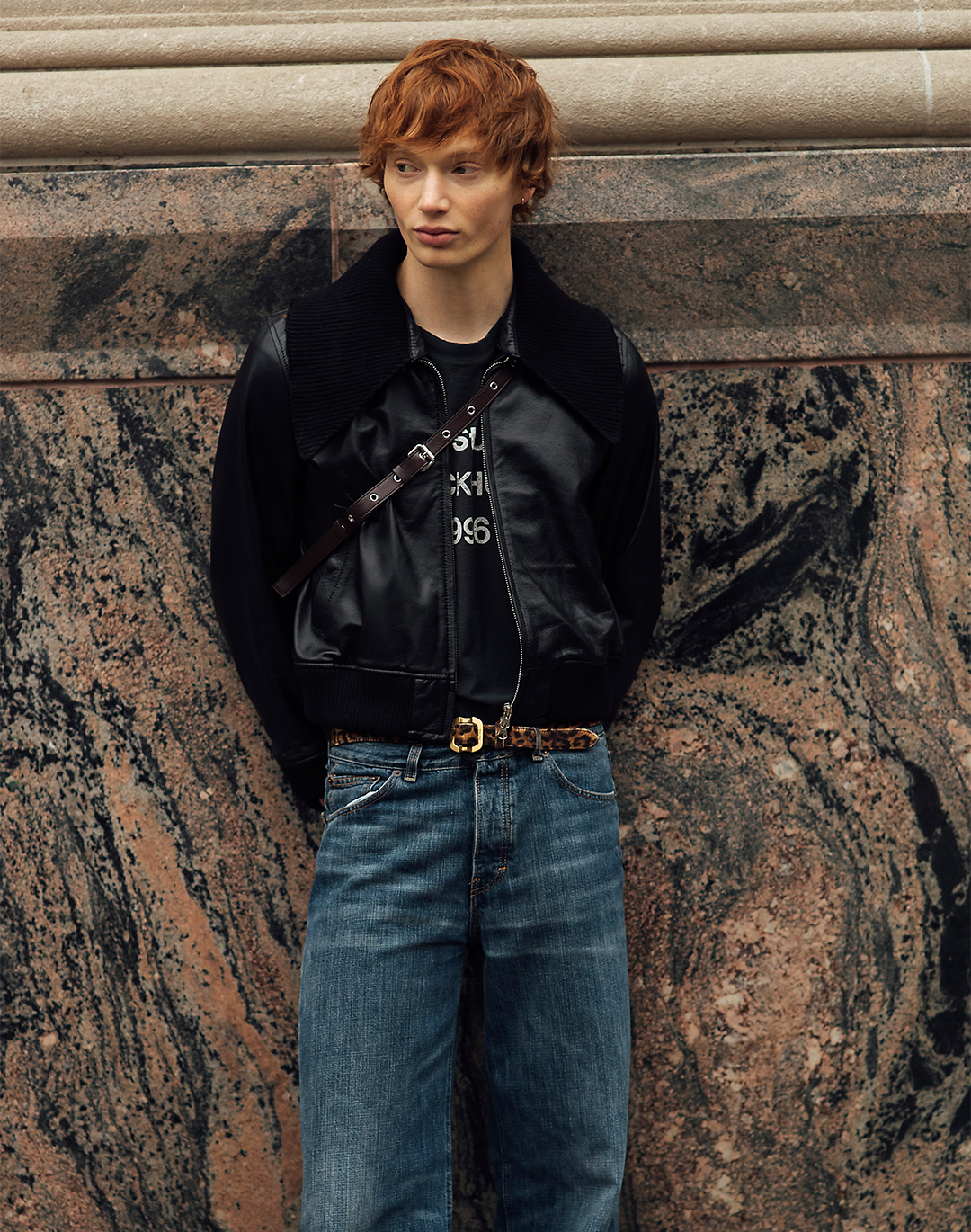
Miss France 2024: unfounded criticism of changing beauty criteria Against fixed standards
Beauty pageants, long considered entertainment, play a crucial role in highlighting elegant women from around the world, aiming to inspire future generations. However, contestants have often shared a striking similarity, conforming to beauty standards that have been in place for decades. Predominantly white, with long hair, they fit a standard entrenched in the beauty pageant universe. These standards, harmful not only to the participants but also to the general public, persist and exert pressure as long as they continue to be broadcast on significant cultural platforms.
While the fashion and film industries increasingly challenge beauty standards by redefining the concept of beauty through the promotion of diverse individuals in advertising campaigns and lead roles, the beauty pageant industry remains surprisingly rooted in archaic traditions. The Miss France 2024 competition is the latest glaring example, highlighting the urgent need to rethink these outdated beauty criteria.
Diversifying and Modernizing the World of Beauty Pageants
Established in 1920, the Miss France beauty pageant has long remained unchanged. Significant adjustments were made in 2019, marking a shift towards modernity and diversity by opening the competition to transgender candidates. This year, new modifications have been introduced, eliminating the age limit previously set at 24 years. Candidates can now be married, parents, and display visible tattoos and piercings. Despite these adjustments and the evolving beauty standards in other cultural media, the contestants in this edition remained relatively homogeneous. Although the age limit has been removed, the median age remains similar to previous years. No candidate is a mother, and none displays visible tattoos. Despite the absence of weight restrictions, body diversity on stage was limited. However, this situation stems less from the competition itself than from the ideals and standards perpetuated by society for decades, integrated into the competition. There has never been a relatively round or tall candidate, perhaps because such a person would doubt their chances of victory, having never seen a winner resembling them. To break stereotypes and modernize beauty standards, the public must play an essential role. Although challenging in the face of constant exposure to images of slim, tall, and fair-skinned women, the public must contribute to dispelling these myths. Perhaps in the next edition, a courageous candidate will challenge the traditional mold, taking inspiration from the current winner, 20-year-old Eve Gilles, whose short haircut has made history in the competition.
Eve Gilles and the Power of a Haircut
The winner of Miss France 2024, Eve Gilles, from Quaëdypre, captivated the audience with her elegant pixie cut, reminiscent of the Belle Époque of the 1920s. Her presence in the top 5 was reinforced by a impactful speech that won over both the audience and the all-female jury. Gilles emphasized that change can be frightening but also unifying, asserting that the crown fits perfectly even on short hair. Although Gilles deliberately chose a "masculine" and "androgynous" look, she hoped not to be reduced to her haircut. Unfortunately, social media witnessed attacks and body-shaming, highlighting persistent biases. Body-shaming, whether targeting roundness or thinness, takes various forms.
So, how to combat this issue? How to dismantle beauty standards? Is it possible? The notion of beauty standards will likely always have a place in society, but it can change, adapt, and ultimately become a matter of personal preference rather than a nationwide consensus. As for appearances, critics will always have something to say. Sexism undoubtedly plays a role. A competition highlighting women attracts unpleasant comments and harsh insults. But the idea is not to get rid of the beloved Miss France competition; the idea is to continue evolving it according to contemporary society and other cultural foundations. The rules are no longer as restrictive, but perhaps it is the candidates who prevent showing another form of beauty.

